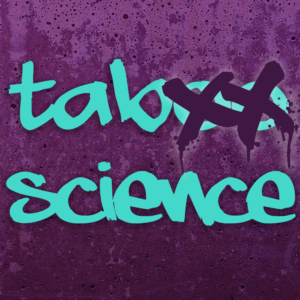Lying (with Judi Ketteler)
Is honesty really the best policy? What’s the difference between a good lie and a bad lie? And how much do we lie to ourselves?
Today’s guest is Judi Ketteler, author of the book “Would I Lie to You?: The Amazing Power of Being Honest in a World That Lies.” You can download a preview of the book right here.
Citations and further reading:
- Bella DePaulo – Deception Research & Writing
- Robert Feldman, University of Massachusetts Amherst
- Cohen, T. R., & Morse, L. (2014). Moral character: What it is and what it does. Research in Organizational Behavior.
- Above-Average Effect – APA Dictionary of Psychology
- The Fundamental Attribution Error: What It Is & How to Avoid It by Patrick Healy, Harvard Business School Online
- Dunning-Kruger Effect – Psychology Today
- Epley, N., & Whitchurch, E. (2008). Mirror, Mirror on the Wall: Enhancement in Self-Recognition. Personality and Social Psychology Bulletin, 34(9), 1159–1170.
- You Don’t Know Yourself as Well as You Think by Ashley Hamer, SciShow (2019)
- Chance, Z., Gino, F., Norton, M. I., & Ariely, D. (2015). The slow decay and quick revival of self-deception. Frontiers in Psychology, 6.
- How Drinking Less Solved a Lot of Problems by Judi Ketteler, New York Times (2019)
- How Honesty Could Make You Happier by Judi Ketteler, New York Times (2017)
Follow Taboo Science on Twitter, Facebook, and Instagram.
Subscribe on Apple Podcasts, Spotify, and Google Podcasts.
Suggest a taboo topic via ashley@tabooscience.show.
Visit tabooscience.show for more.
Taboo Science is written and produced by Ashley Hamer. Theme music by Danny Lopatka of DLC Music.

